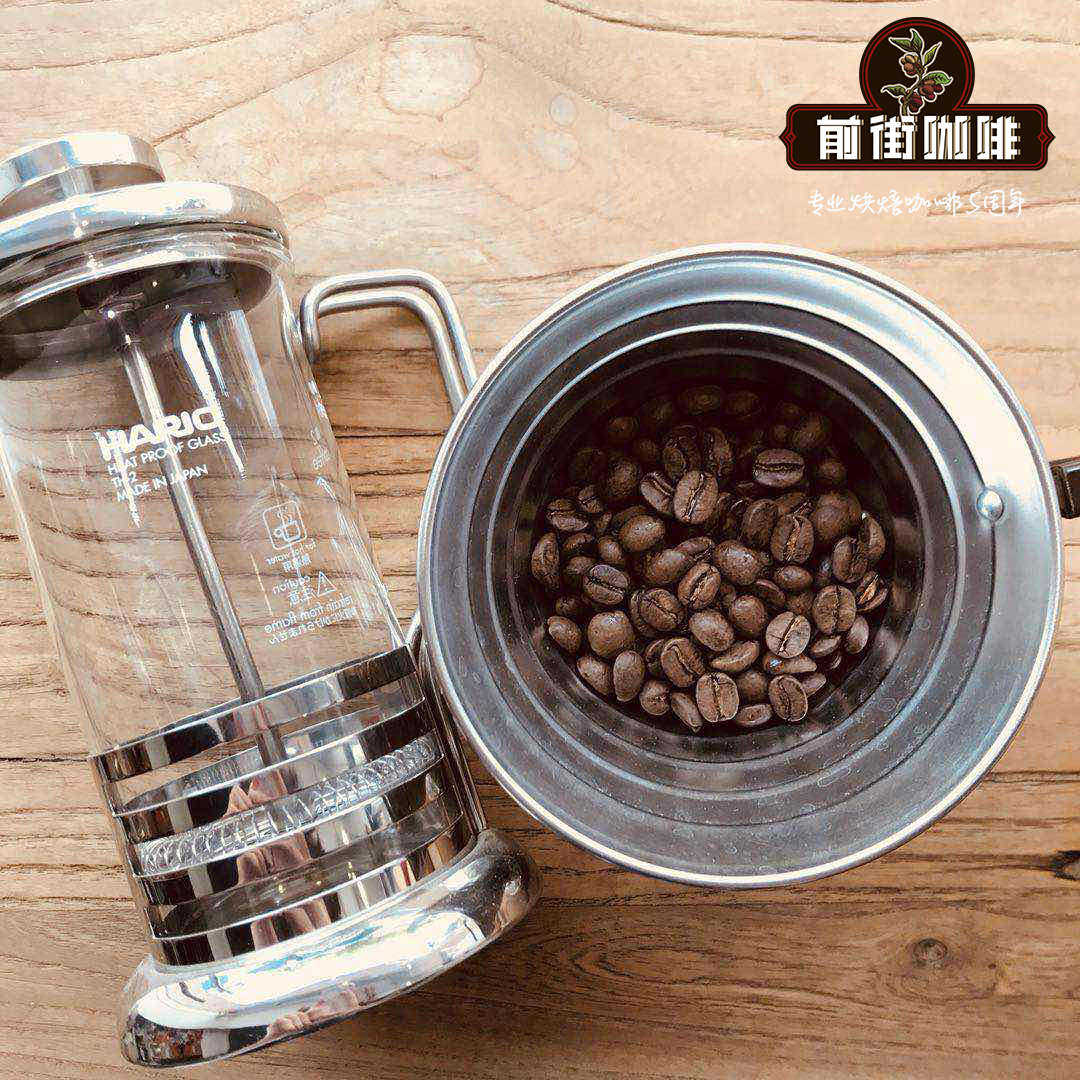Is the coffee from Ethiopia good? what are the varieties of coffee? introduction to the varieties of Ethiopian Coffee

Professional coffee knowledge exchange more coffee bean information please follow the coffee workshop (Wechat official account cafe_style)
When we mention Ethiopian coffee, we use "rose fruit" and "magnolia" to describe it. But if you want to know what particular breed produces these gorgeous notes, you are usually trapped by one word: family heirlooms.
In the early days of the third wave of coffee, family heirlooms were used as a general name to describe coffee from Ethiopia. But it's not a very useful term. In the absence of recognition of different varieties Ethiopian producers are deprived of transparency and opportunities to earn higher incomes. Roasters cannot tell the difference between Ethiopian coffee and consumers do not have the opportunity to taste new and exciting flavors because it is not clear which varieties are available.
But changing the terminology is easier said than done. Let's take a closer look at what heirloom means and the difficulties in improving the transparency of Ethiopian varieties.
What exactly does family heirloom mean?
The word family heirloom describes an ancient variety of plants used for food. Some people say that a variety must be over 100 years old to be listed as a family heirloom, while others say that it must be over 50 years old to be listed as a family heirloom. Others classify family heirloom plants as pre-1945, when hybrid varieties were introduced, or in 1951, when hybrid varieties became more common.
In the coffee industry, you will find that the term "family heirloom" applies to varieties introduced into Latin America and Asia more than a hundred years ago, as well as to many African coffees, especially Ethiopian ones.
Getu Bekele is the East African supply chain Manager of American Bakery counter Culture. He also wrote a reference guide to Ethiopian coffee varieties. In Ethiopia, he says, the word "family heirloom" comes with a special movement. Professional coffee buyers don't know what kind of Typica and bourbon they're buying, and they classify everything as a family heirloom.
But he told me that Ethiopian coffee producers have their own names for different coffee trees. They are likely not to use the globally accepted scientific name for the variety, but to use a local word. A community may borrow the name from a local tree that has the same physical characteristics as the coffee tree.
Medina Hussein is the export manager of DW Coffee Export, an Ethiopian coffee supplier. She told me that professional buyers would distinguish Ethiopian coffee by region, altitude and cupping score, but not by variety.
END
Important Notice :
前街咖啡 FrontStreet Coffee has moved to new addredd:
FrontStreet Coffee Address: 315,Donghua East Road,GuangZhou
Tel:020 38364473
- Prev

Which brand of coffee beans is good? Kenya aa washed Qianbu fruit tea flavor introduction
Professional coffee knowledge exchange more coffee bean information please follow the coffee workshop (Wechat official account cafe_style) Qianjie-handmade coffee beans recommend Kenya Nellie AA washing introduction the flavor of African coffee in the front street the first impression is a strong floral and fruity flavor, refreshing and pleasant, bright acidity rising, it is one of the boutique coffee recommended to customers by Qianjie Club. Among them, it can't be ignored.
- Next

Which Ethiopian coffee varieties are there? which Ethiopian coffee native species are divided into which African coffee bean varieties
Professional coffee knowledge exchange more coffee bean information please follow the coffee workshop (Wechat official account cafe_style) in general, you can divide Ethiopian coffee varieties into two categories: JARC varieties and regional varieties. The JARC variety was developed by the Jimma Agricultural Research Center (JARC), one of the Ethiopian Agricultural Federal Research centres, to enhance resistance to pests.
Related
- Beginners will see the "Coffee pull flower" guide!
- What is the difference between ice blog purified milk and ordinary milk coffee?
- Why is the Philippines the largest producer of crops in Liberia?
- For coffee extraction, should the fine powder be retained?
- How does extracted espresso fill pressed powder? How much strength does it take to press the powder?
- How to make jasmine cold extract coffee? Is the jasmine + latte good?
- Will this little toy really make the coffee taste better? How does Lily Drip affect coffee extraction?
- Will the action of slapping the filter cup also affect coffee extraction?
- What's the difference between powder-to-water ratio and powder-to-liquid ratio?
- What is the Ethiopian local species? What does it have to do with Heirloom native species?

